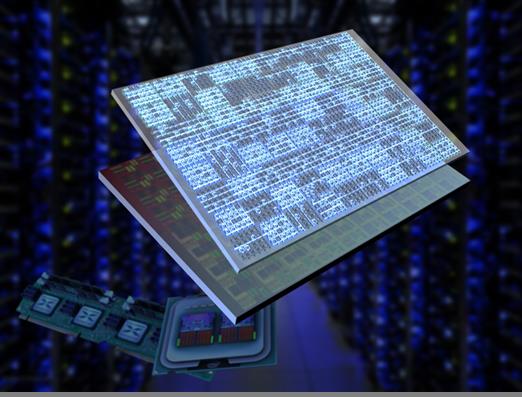Large grant for developing the electronics of the future
Aarhus University researchers are starting a major European research project this month. The aim is to develop new technology for the electronics of the future.

With a European Union (EU) grant of more than DKK 25 million, researchers will develop a completely new technology for the computer chips of the future.
The technology is expected to lead to radical new opportunities for storing data and thereby designing computers with very efficient and fast memories in magnetic layers.
“Today, we already have magnetic memory on a chip. This is very promising for energy efficient computing, as no power is required to retain the data. However, writing the data electronically still requires a high energy. Recent research shows that short laser pulses can be used to write data in magnetic layers at much lower energy and much higher speed. Our aim is to use this idea to create a novel optically switched magnetic memory on chip,” says Associate Professor Martijn Heck, Department of Engineering, Aarhus University.
Pioneer research in computer technology
This is the first time that AU Engineering has received a grant from the prestigious Future and Emerging Technologies (FET) actions, under Horizon 2020 – the EU Framework Programme for Research and Innovation.
FET actions only support pioneer research in ground-breaking new lines of technology that can boost Europe’s global competitive advantage.
“The grant helps to put the seal of approval on Aarhus University as an important player in the elite engineering universities. We hope to create new knowledge that can benefit the technological advancement in Europe,” says Head of Department Thomas Toftegaard, Department of Engineering.
About the project
Title: Spintronic-Photonic Integrated Circuit Platform for Novel Electronics
Partners: Radboud University (NL), SpinTEC (FR), imec (BE) and QuantumWise (DK).
Budget: EUR 3.4 million from H2020 – FET Open
Contact
Martijn Heck, Associate Professor, Department of Engineering, Aarhus University
Farshad Moradi, Associate Professor, Department of Engineering, Aarhus University
